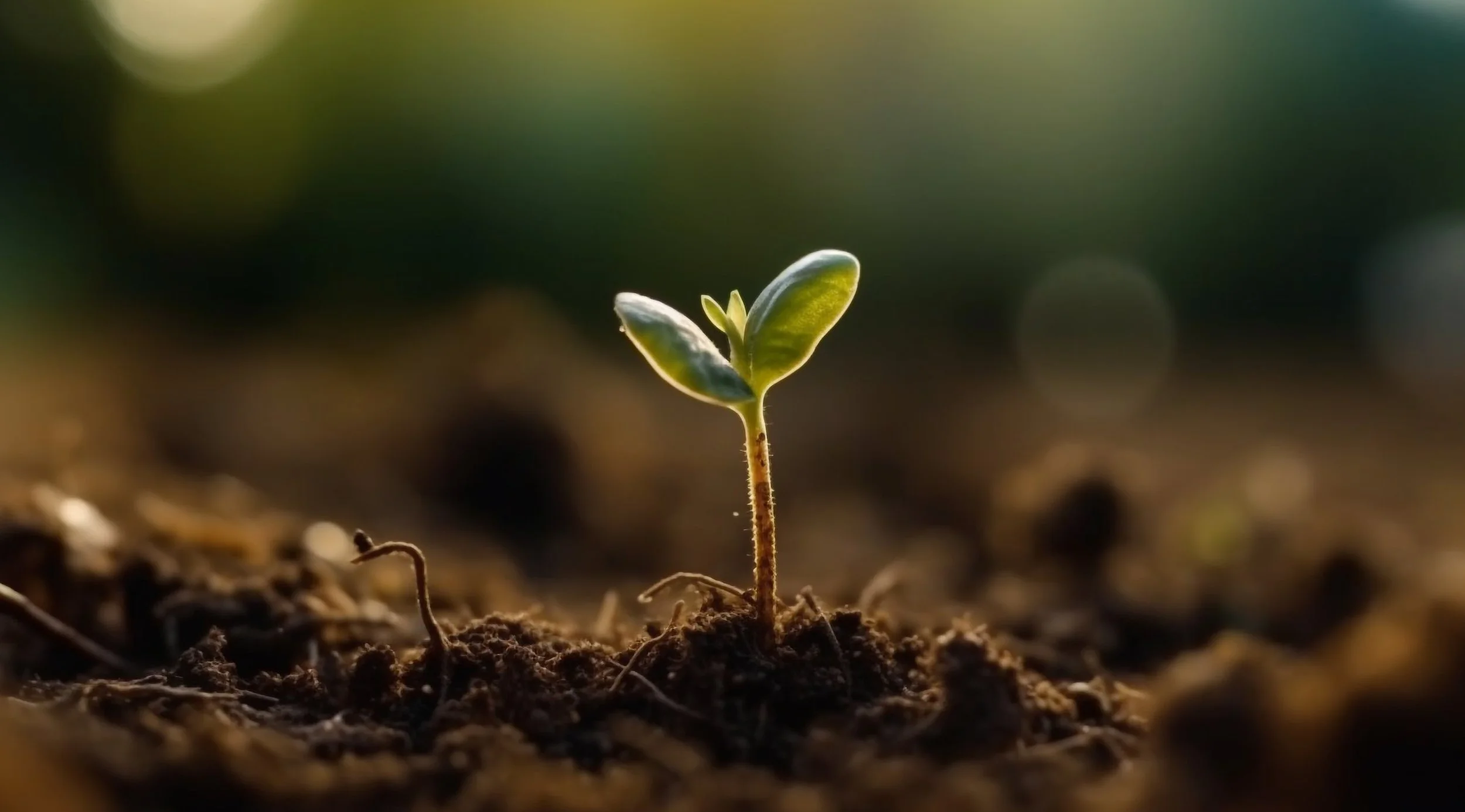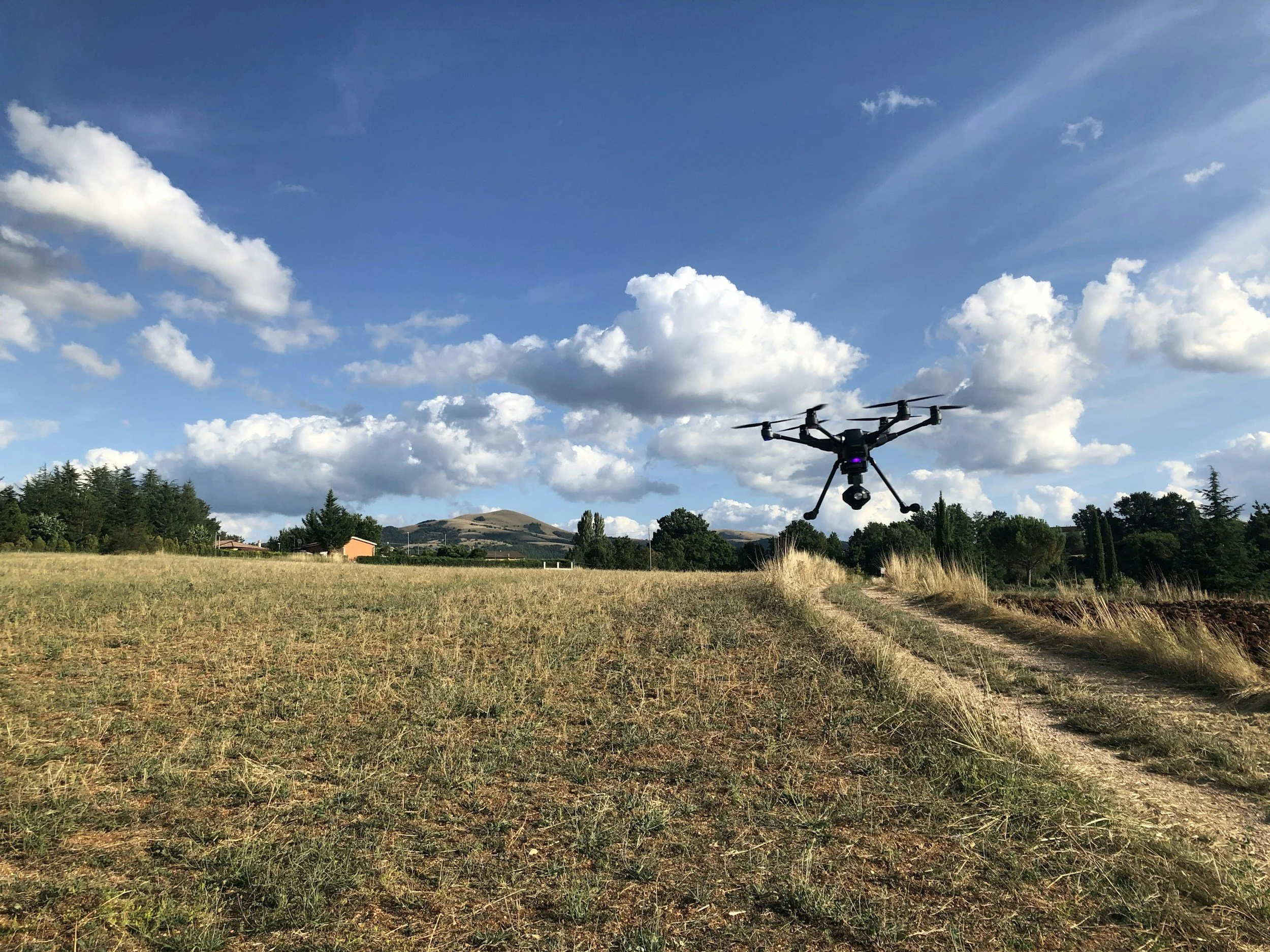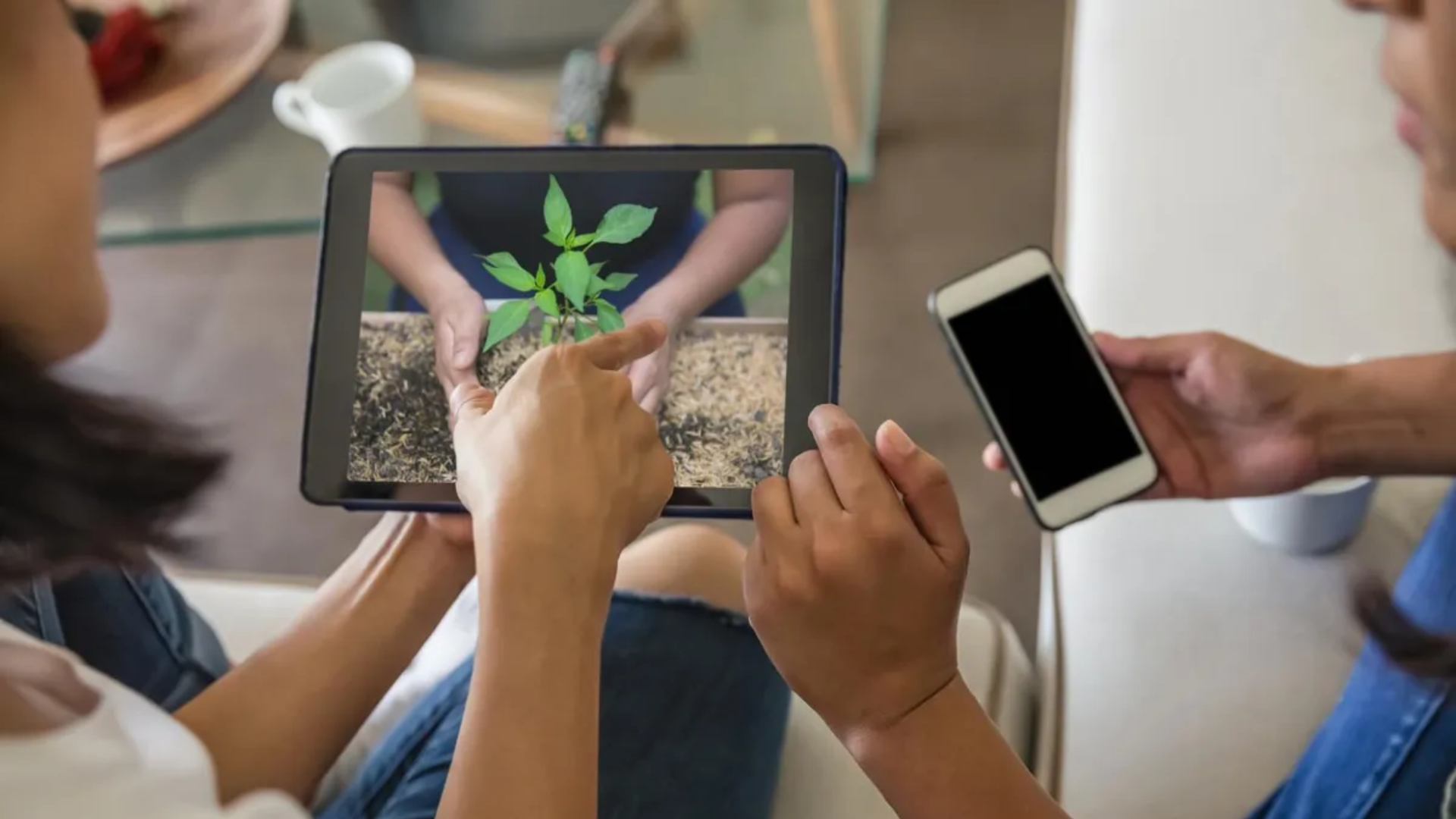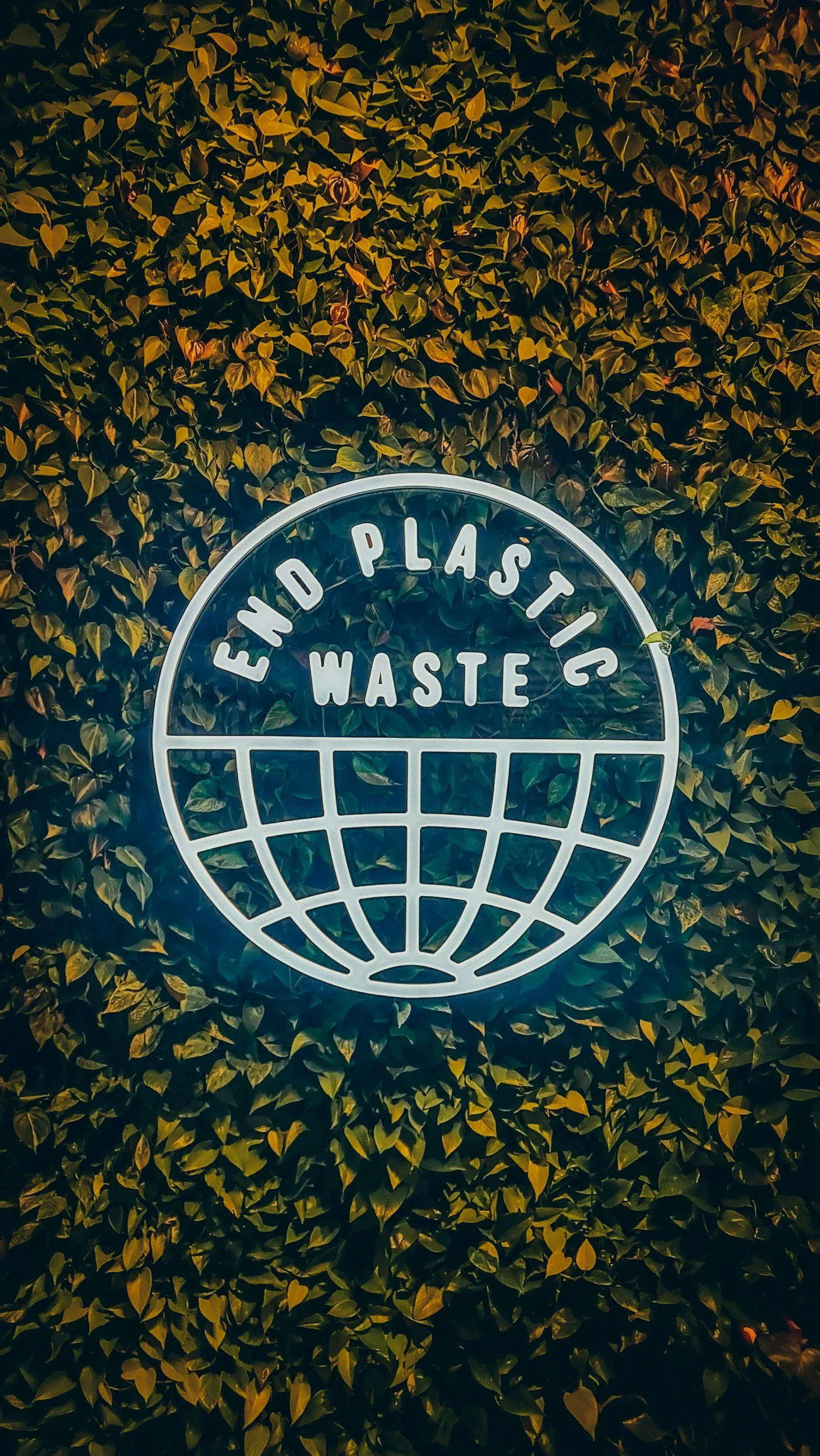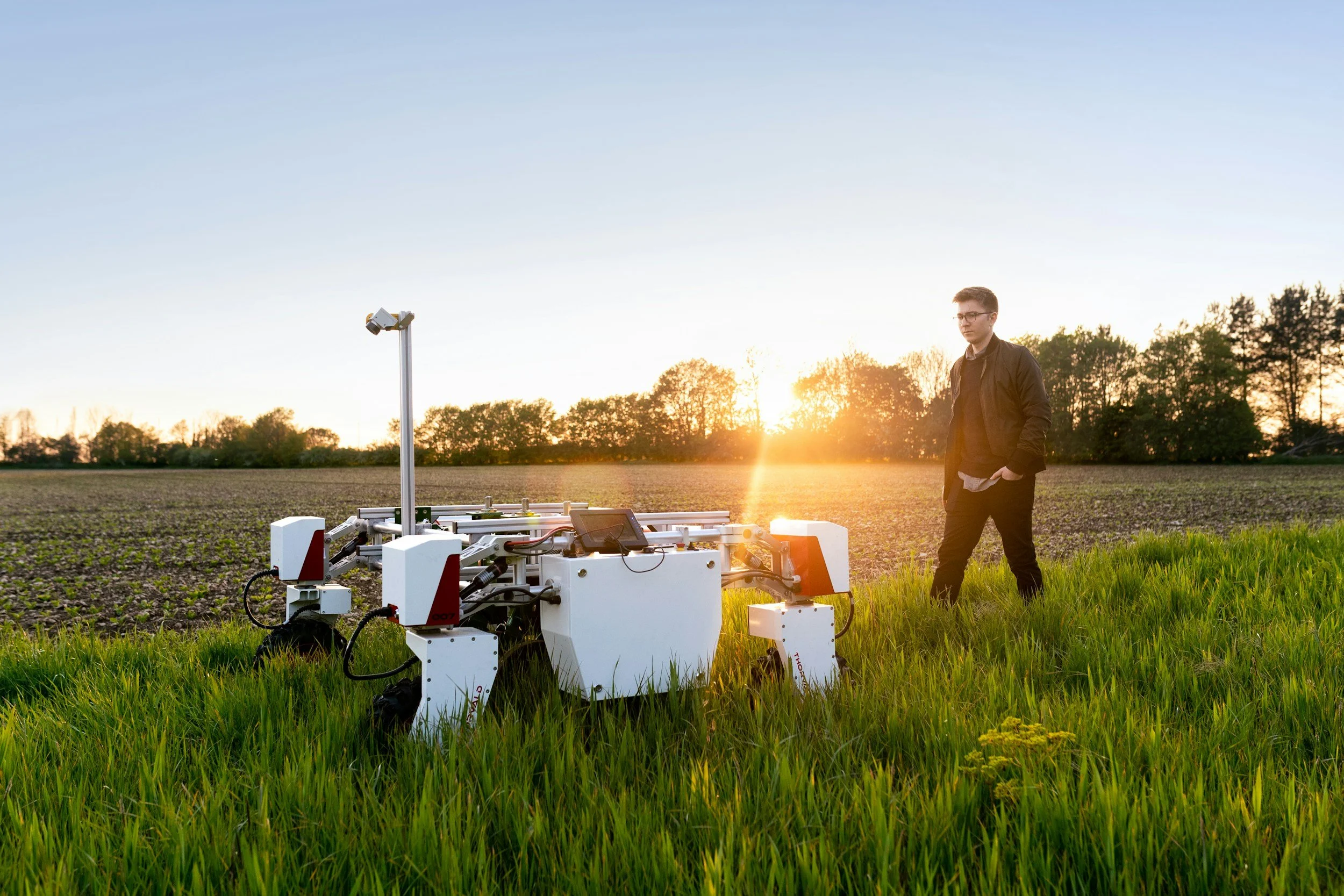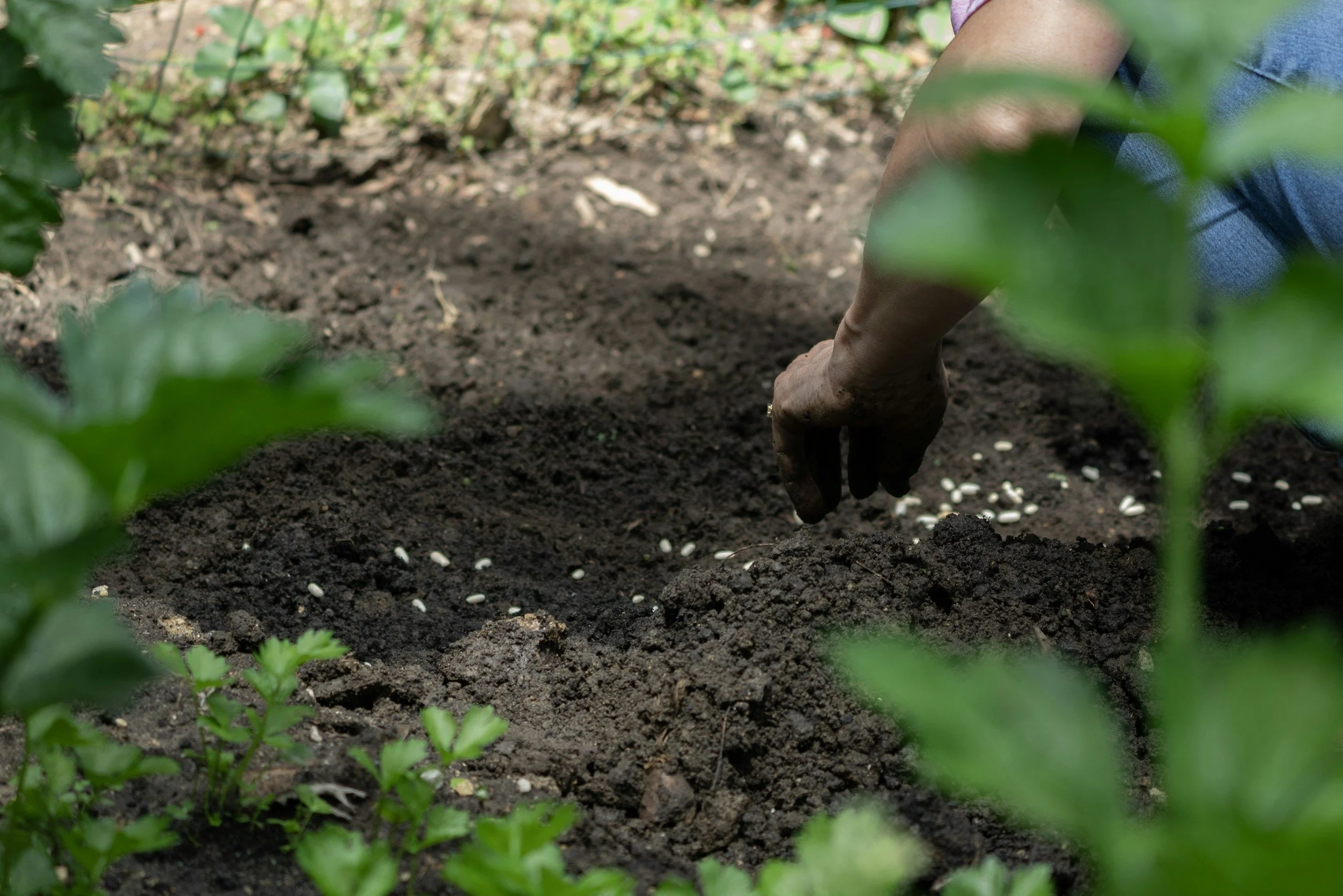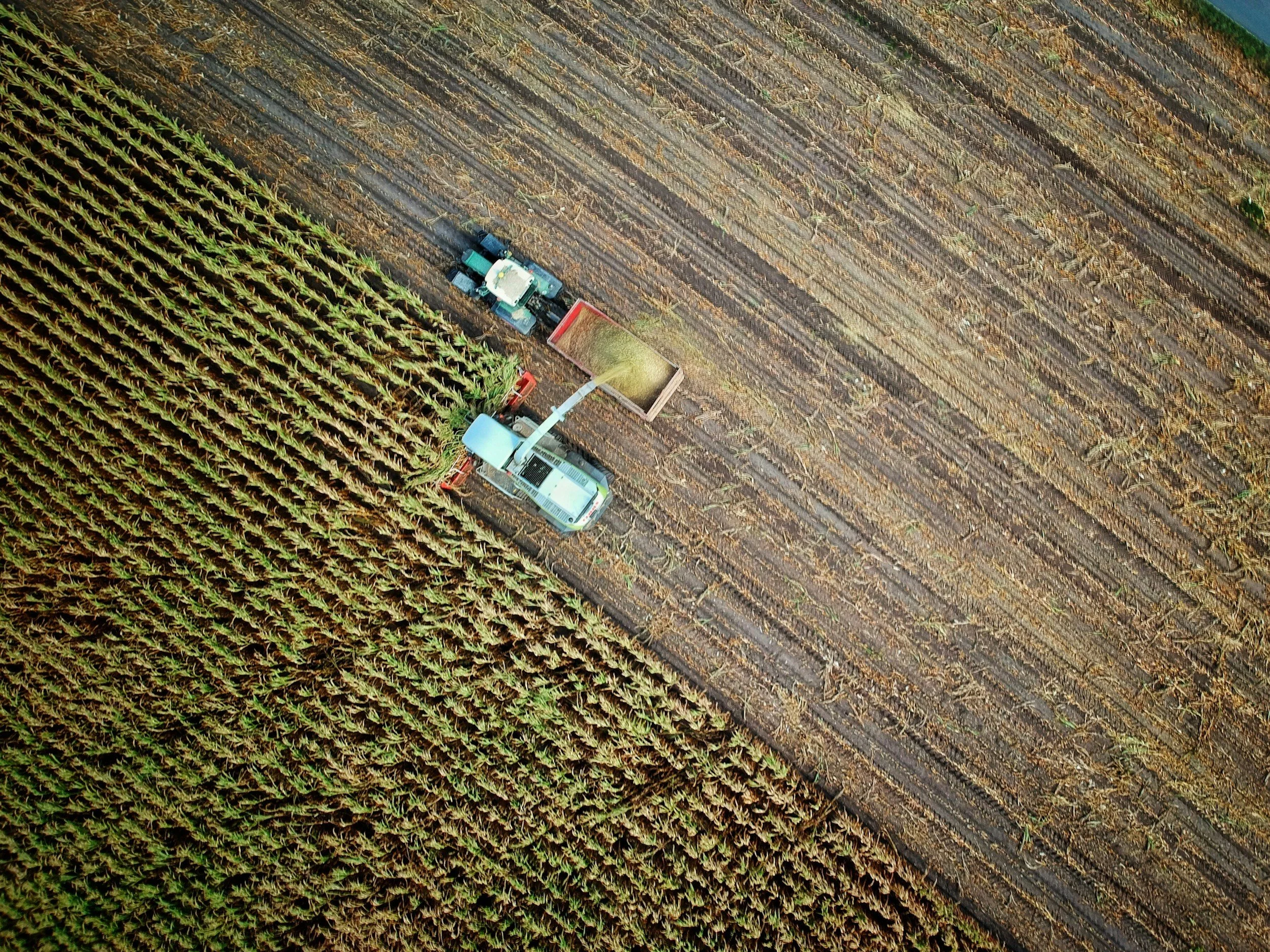(part 1 of 2)
There are many advantages to community gardens, but also a lot of misconceptions about them. Most studies have focused on their health benefits, with some citing reduced risk of obesity, improved mental health, and encouraging diets that are richer in fruits and vegetables. Other studies challenge these views, pointing out that people who engage in community gardening are already likely to maintain fairly healthy lifestyles. Some have also pointed out that community gardeners engage in gardening practices that create a high carbon footprint (using synthetic fertilizers and chemical pesticides and growing things that require large amounts of water are 2 such practices), and that most urban gardeners demonstrate a lack of agricultural experience.
Doubtless, community gardens can have a dark side, but overall, the consensus is that they are a positive development, improving the life and health of local communities and addressing problems like urban blight, food deserts, and stormwater runoff.
The view from history, though, suggests that there is another important aspect of community gardens that is hardly explored. My interviews with Brother Rashad and Pastor Willie Wilson of Union Temple Baptist Church in the Anacostia neighborhood of Washington, DC suggest that community gardens embody our collective pasts as well as enable us to build new relationships of trust and mutual appreciation. This post is the first of two posts that explore some of these aspects of community gardening in the Washington, DC area.
Read More














